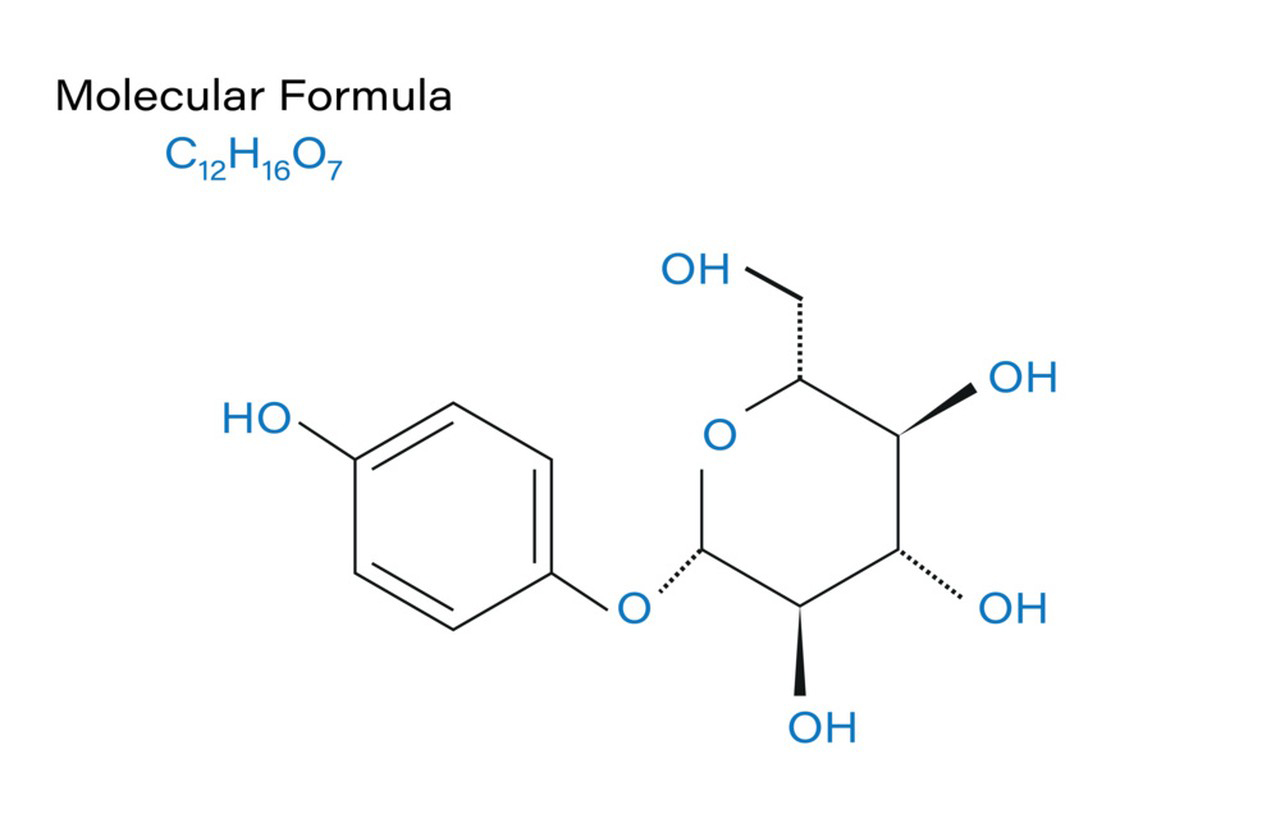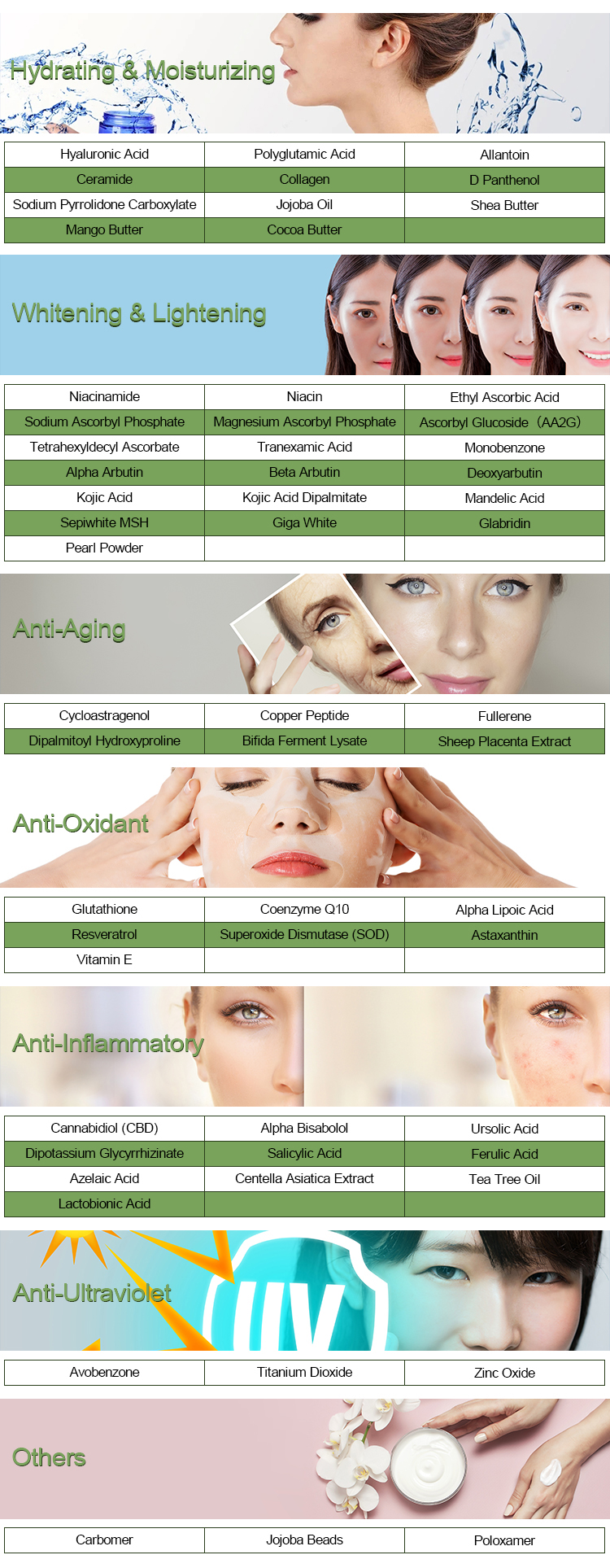Alpha Arbutin is a naturally occurring compound derived from plants, particularly the bearberry plant, but can also be synthesized in laboratories. It is widely used in skincare products for its skin-brightening and hyperpigmentation-reducing properties. Here’s a basic overview:
Chemical Nature:
- Chemical Formula: C12H16O7
- Type: A glycoside of hydroquinone
- Function: Alpha Arbutin works by inhibiting the activity of the enzyme tyrosinase, which plays a crucial role in melanin production, leading to a more even skin tone.

Key Benefits:
- Reduces Hyperpigmentation: Effective in treating dark spots, melasma, age spots, and other forms of skin discoloration.
- Brightens Skin: Improves overall skin tone by reducing melanin formation, resulting in a more radiant appearance.
- Safe for All Skin Types: Unlike some other skin lightening agents like hydroquinone, Alpha Arbutin is gentler on the skin and poses a lower risk of irritation.
- Prevents Future Pigmentation: Regular use can help prevent the formation of new dark spots.
Uses in Skincare:
- Serums: Alpha Arbutin is often found in serum formulations, as it penetrates the skin quickly.
- Lotions and Creams: Frequently included in products aimed at reducing discoloration or evening out skin tone.
- Spot Treatments: Often used as a targeted treatment for hyperpigmented areas.
Concentration in Products:
- Typically used in concentrations of 1% to 2% in over-the-counter skincare products.

Safety:
- Non-Irritating: Considered safe for long-term use and suitable for sensitive skin.
- Compatibility: Can be used in conjunction with other active ingredients like Vitamin C, niacinamide, and hyaluronic acid.
How to Use:
- Apply on clean, dry skin (typically after cleansing and before moisturizing).
- Can be used both in the morning and at night.
Alpha Arbutin is known for its effectiveness without the risks associated with harsher lightening agents, making it a popular choice in modern skincare.
